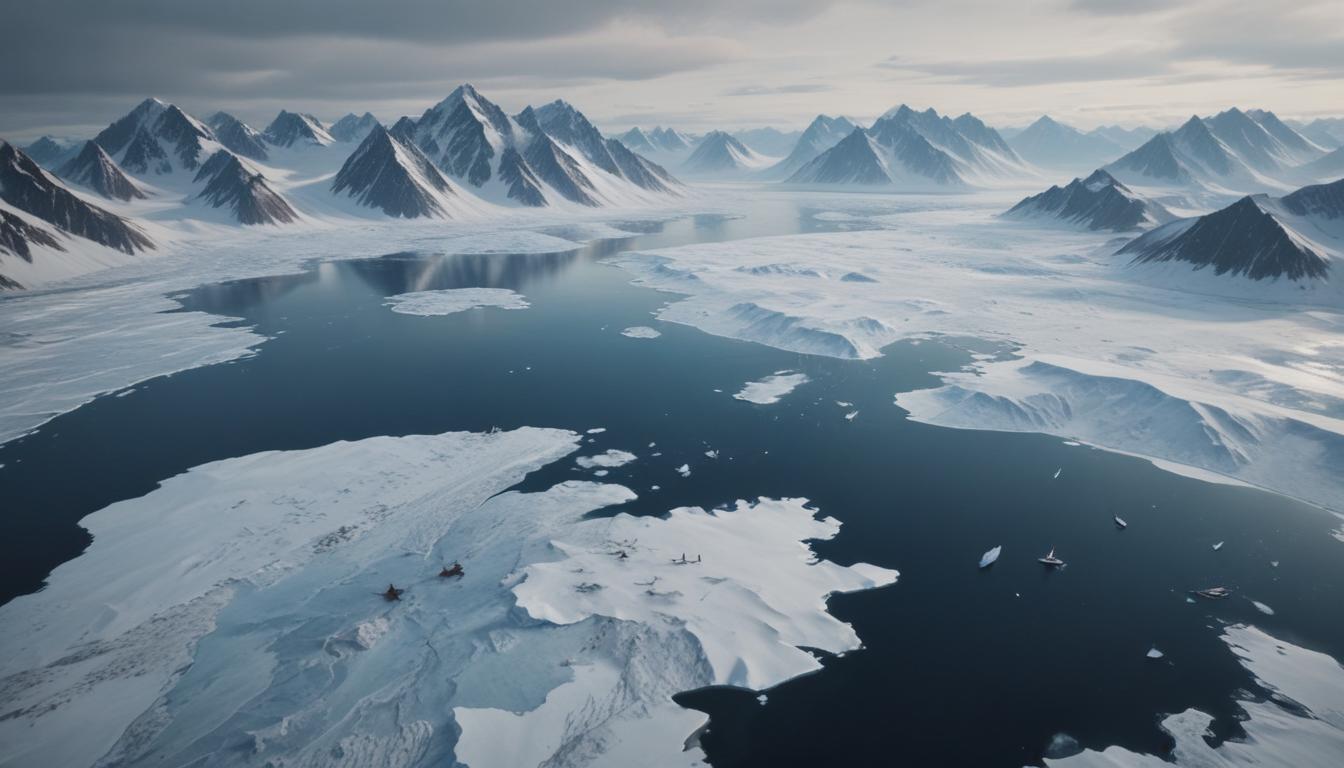Arctic Ambitions: How U.S. Entertainment and Politics Collide in the Arctic
The Arctic as a Cultural Icon
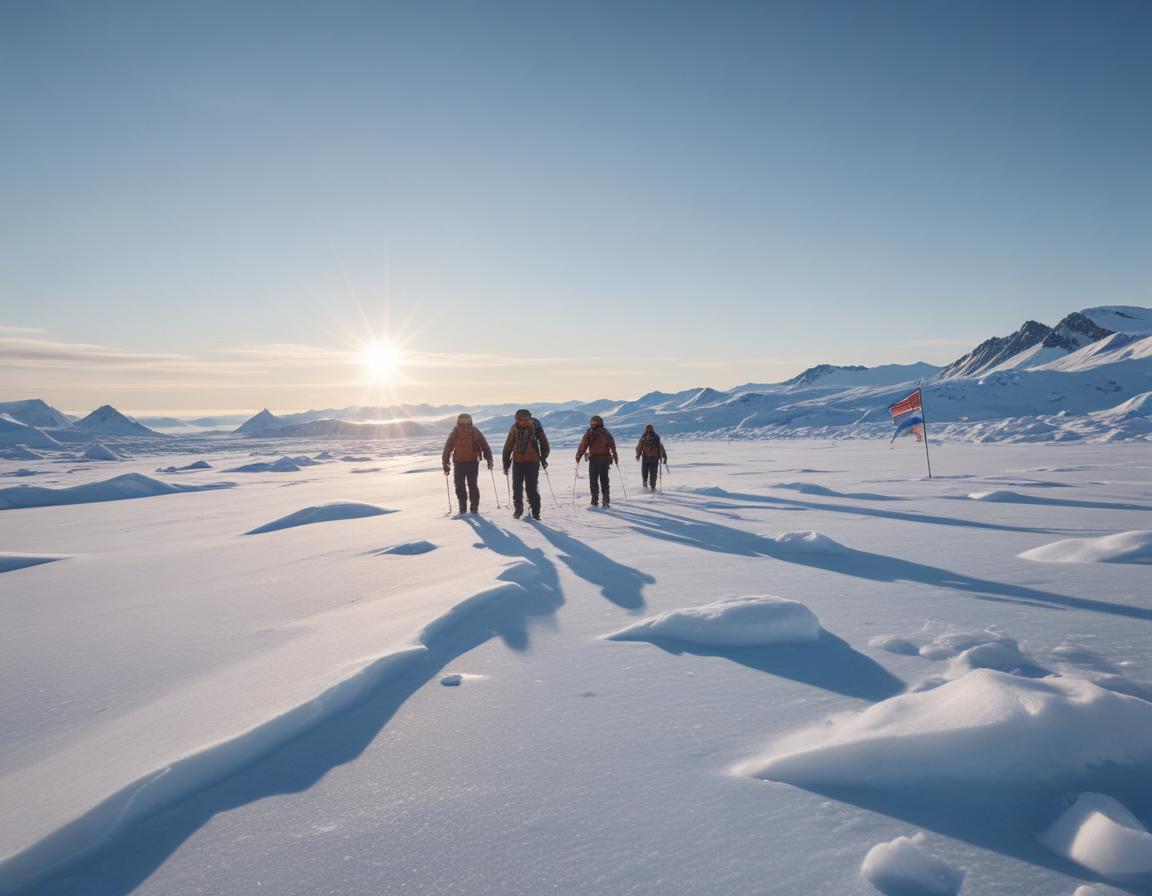
The Arctic has dazzled audiences from the golden age of cinema to the modern era of reality television. Shows like ‘Deadliest Catch’ and ‘Alaska: The Last Frontier’ frame the Arctic as a rugged, untamed space that presents extraordinary challenges for human survival. But these narratives aren’t just coincidental—they spark curiosity and admiration for the region while steadily reinforcing an American presence tied to resilience and innovation.
As the ice melts due to climate change, revealing new avenues for commerce, exploration, and militarization, the stories told about the Arctic evolve. Entertainment acts as a mirror, holding up human courage and endurance against the backdrop of an altering natural environment.
Pop Culture Meets Policy
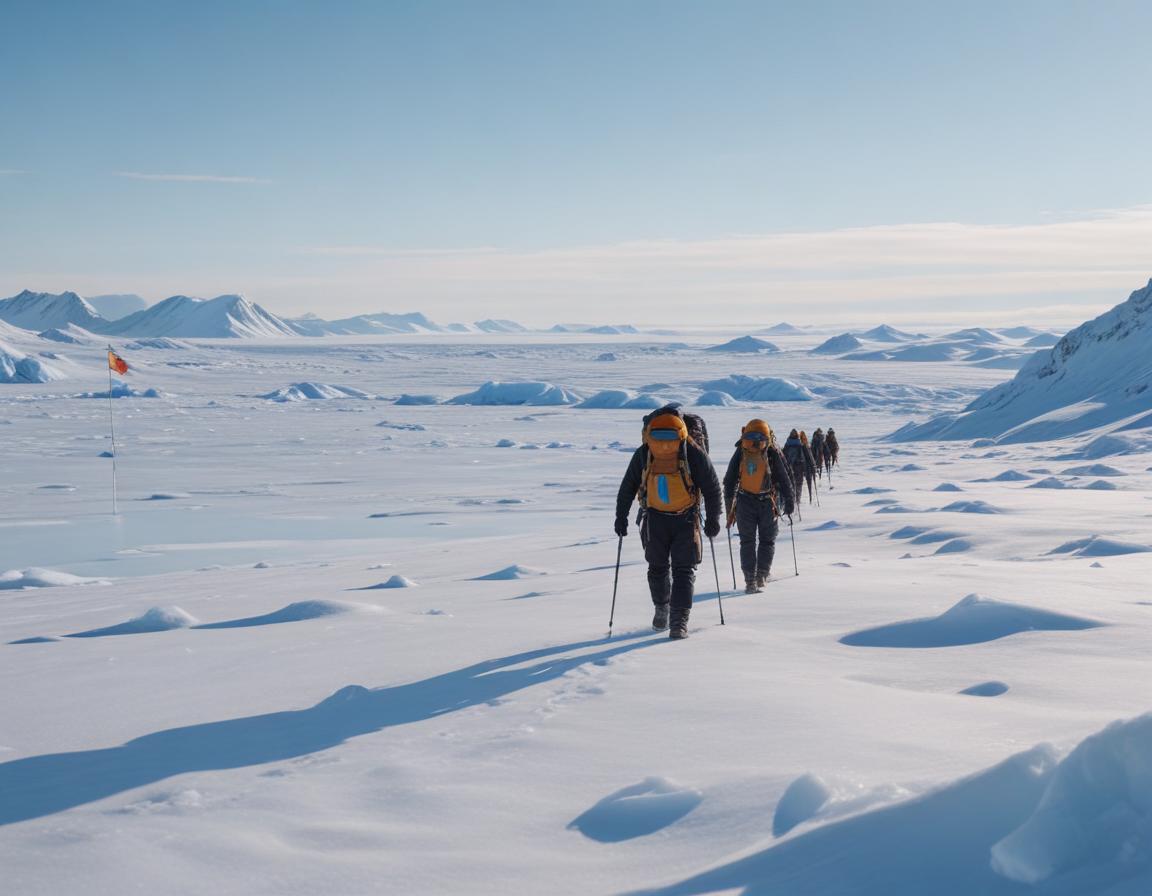
Urgency around the Arctic’s opportunities has placed powerful countries on alert. The U.S., in particular, has adopted unique strategies: utilizing soft power to elevate its narrative of Arctic dominance.
Documentaries focus on U.S. scientific efforts or the environmental and geopolitical stakes in this melting frontier. These media portrayals bolster U.S. territorial claims and sway both domestic and international opinion. When reality TV survivalists trek across icy terrains or films depict triumph in subzero climates, they bolster concepts of American ingenuity and the nation’s relevance.
The Key Players
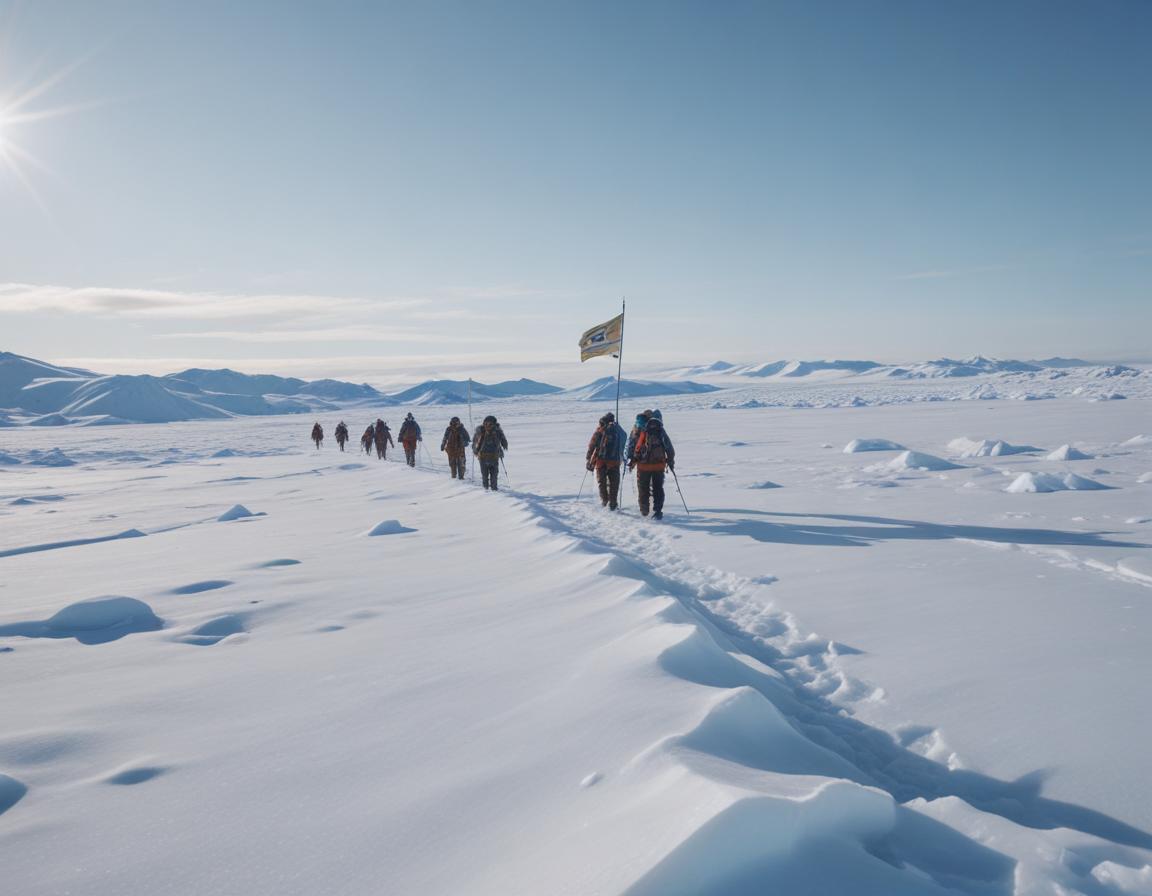
In this intricate drama of entertainment and Arctic policy, some of the most compelling characters include politicians, strategists, scientists, and indigenous voices. U.S. officials coordinate with media producers to create stories that highlight American opportunities and challenges in the North.
Indigenous communities, while often underrepresented, offer critical perspectives on resource use and environmental stewardship, adding depth and authenticity. Meanwhile, documentaries give voice to scientists, making the Arctic’s future a matter of common concern. Blending these roles ensures that entertainment is balanced with credibility, engaging audiences while addressing critical issues.
Using Media to Shape the Narrative
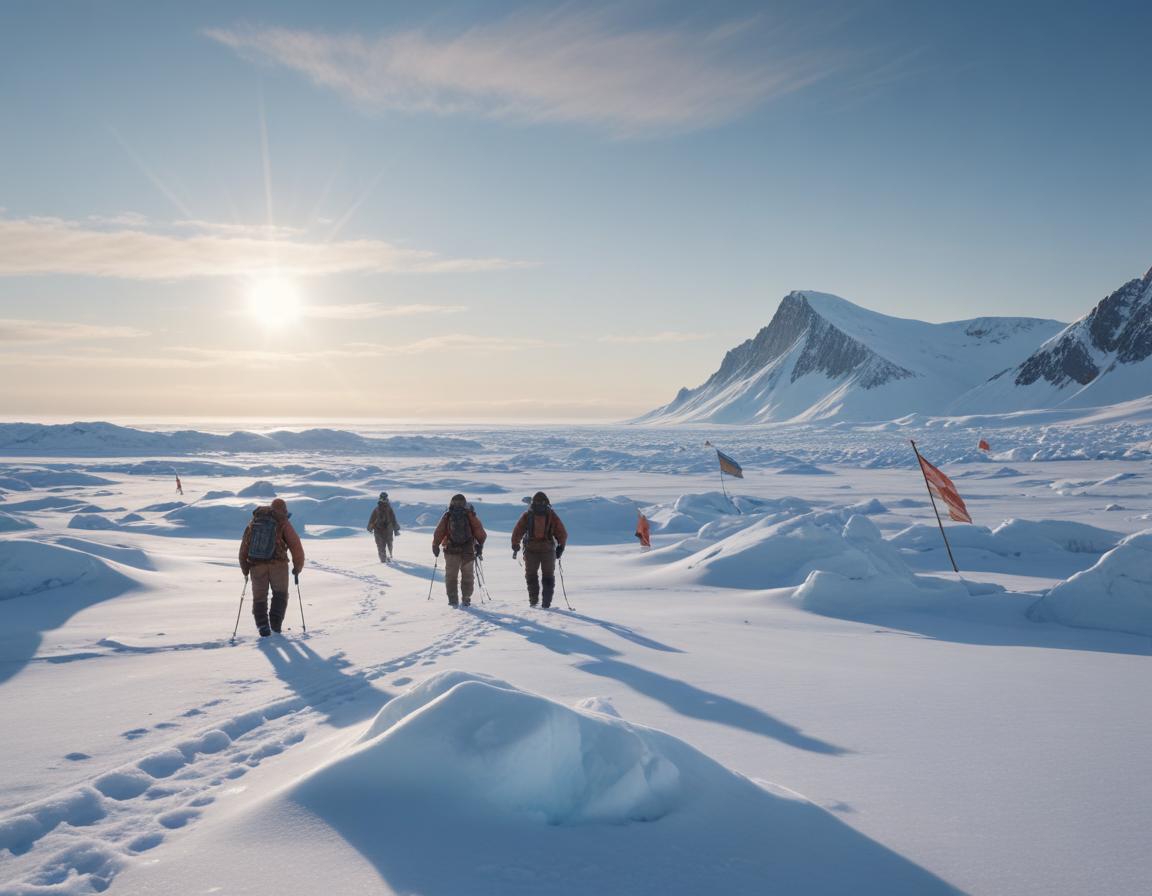
Entertainment is far from trivial when it comes to Arctic policy. Take climate change documentaries juxtaposed with adventure documentaries; they function as hard-hitting reflections of opportunity and peril. As Arctic waters become viable shipping routes, U.S.-produced content systematically backs sovereignty and leadership narratives through persuasive storytelling.
Cinematic tropes or reality TV formats conveniently disseminate America-first perspectives. These stories spark a collective enthusiasm and approval for policies aiming to solidify U.S. leadership in the Arctic.
Adventure and Soft Power
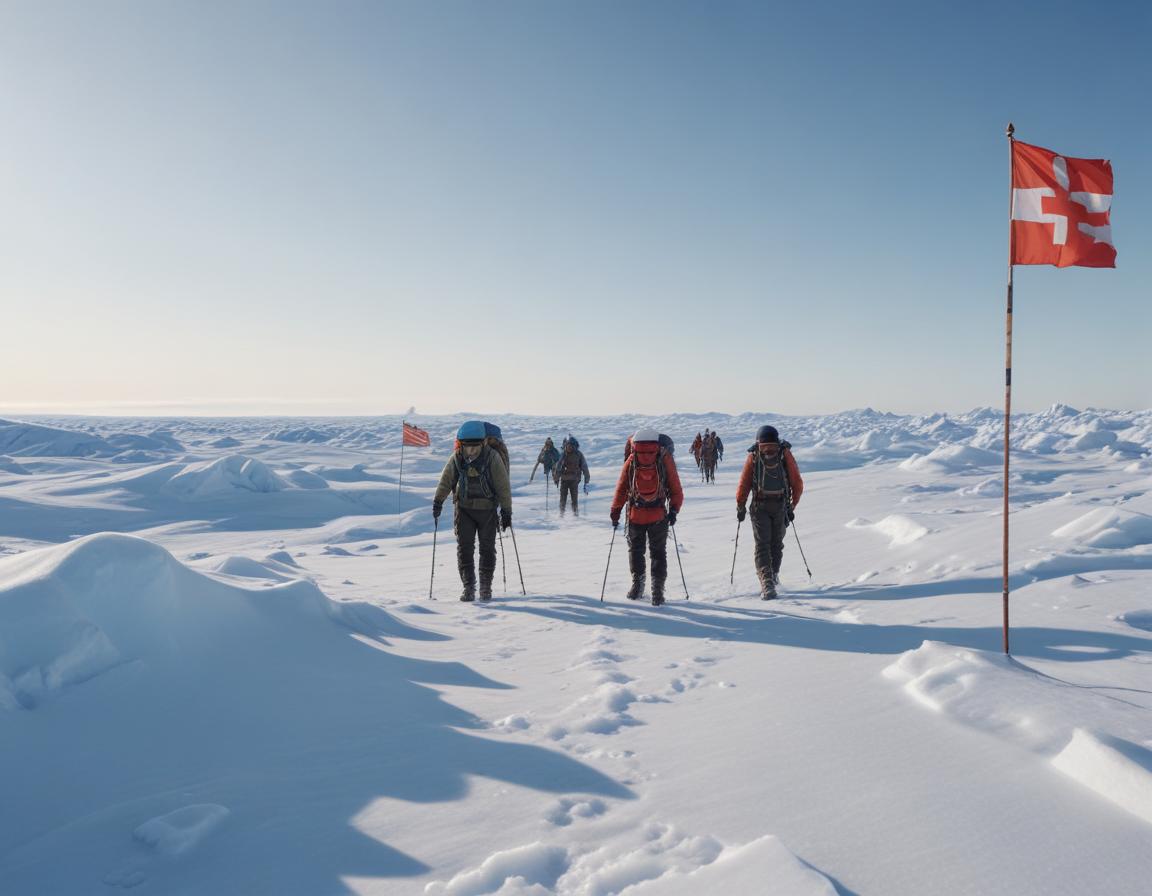
Reality TV adventurers, like the teams on ‘Gold Rush’ or icy fisherman crews in ‘Deadliest Catch’, unknowingly contribute to U.S. Arctic soft power. While entertaining, these shows unmistakably communicate the message: America’s resilience—through human grit and exploration—is intertwined with Arctic challenges.
The dramas captivate viewers while subtly emphasizing U.S. claims to the Arctic’s resources and waters. By drawing attention worldwide, such series emphasize Arctic territory as not only America’s to navigate but also theirs to protect.
Why It All Matters
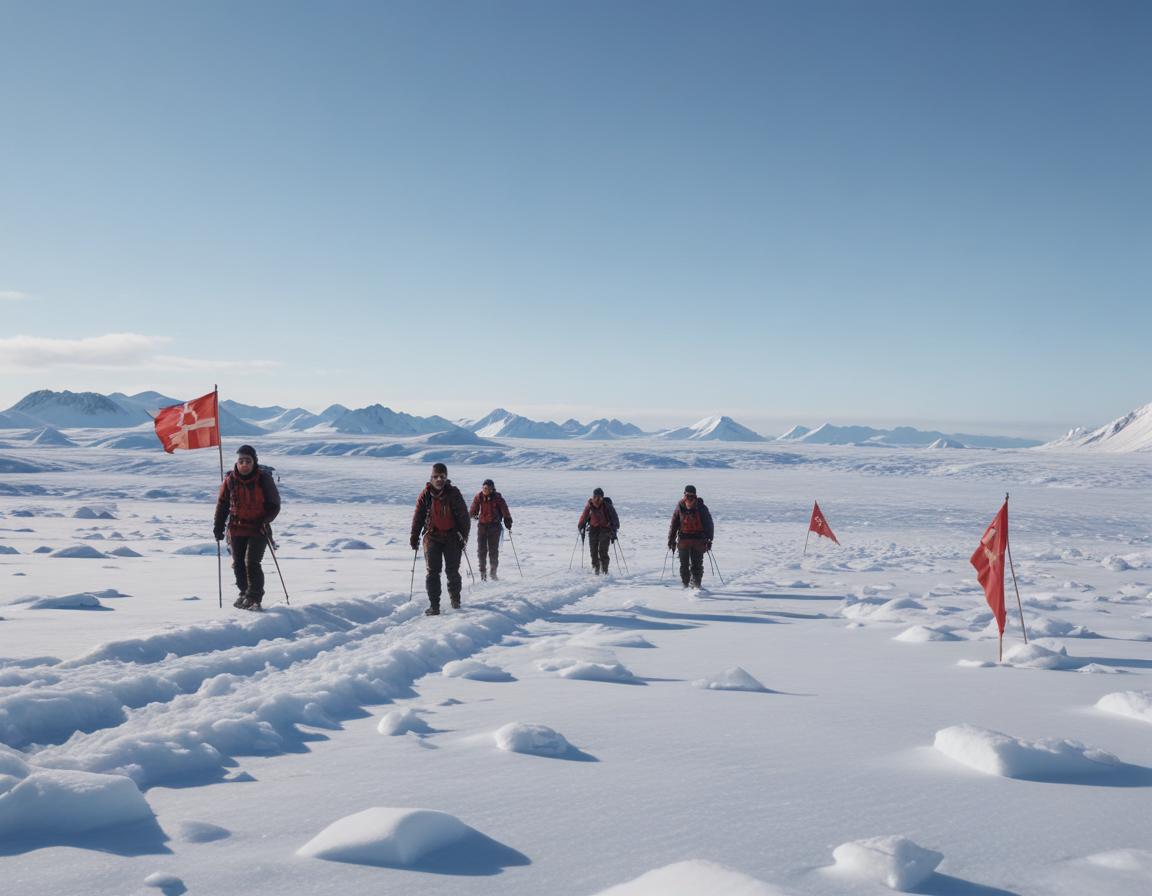
Amping up its cultural influence has become a potent tactic for the U.S. in its Arctic playbook. By showcasing America’s Arctic prestige in terms of gritty, adventure-packed content and polished documentaries, the nation has merged pop-culture storytelling with serious geopolitical intent.
As environmental changes unveil the Arctic’s vast potential, the stakes for influence over resources and transit routes have never been higher. While national policies are devised in boardrooms, storytelling engages the broader public, ensuring they feel part of this global narrative.
Final Thoughts
The Arctic is more than just ice and wilderness; it’s a delicate balance of geopolitical aspirations and cultural narratives. U.S. entertainment has made this distant territory tangible for many, connecting policy with popular culture in stunning and strategic ways.
As climate and politics reshape our world, the Arctic’s icy drama reminds us of the global stakes and the soft power of storytelling. Don’t miss the next chapter as entertainment continues to bring this frozen frontier closer to our hearts and screens.
“`

